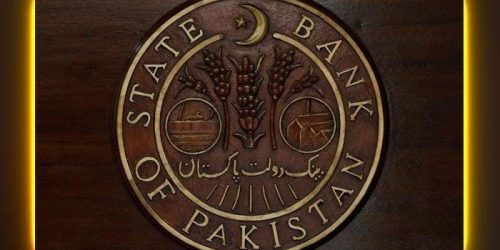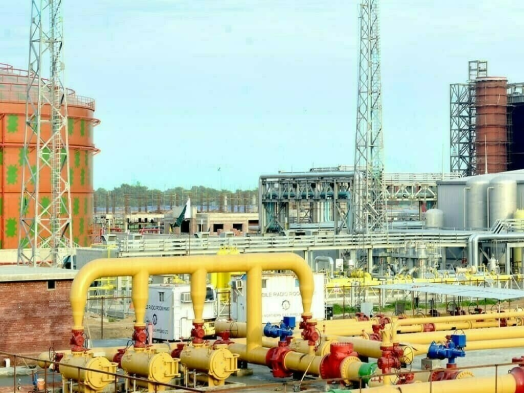KARACHI: The government raised more than Rs760 billion from the domestic sukuk market with Islamic banks still having enough liquidity to fill in the fiscal gap, The News learnt on Wednesday.
Issuance of the government of Pakistan Ijara sukuk based on variable and fixed rental rates amounted to Rs561 billion last year. Two hundred billion rupees was generated through Pakistan Energy Sukuk II, bringing the total from statutory liquidity ratio-eligible sukuk or Islamic bonds up to Rs761 billion (approximately $4.7 billion).
Higher issuance activity during the year can be attributed to the growing demand for the shariah-compliant financial services and the government’s efforts to promote Islamic finance and banking, bankers said.
“2020 was a special year for Islamic banking with a regular sukuk issuance. The government boosted domestic Islamic debt issues to finance a budget deficit. From Islamic banking the government was able to get lower rates as compared to conventional financing using T-bills and PIBs,” said Ahmed Ali Siddiqui, head of Shariah Compliance department at Meezan Bank. “The sukuk’s outlook remains bright. We see signs of higher demand for shorter tenor sukuk,” said Siddiqui, expecting Rs800-900 billion of floating this year.
The government raised funds through the fresh five issues of fixed rate Ijara sukuk. Instead of issuance of a new sukuk, it had also generated financing via reopening of four variable-rate existing sukuk. There were three fixed rate sukuk issues via reopening during the last year.
The sukuk offerings gained momentum in the country after a gap of five years. There was no single issuance of Ijara sukuk taking place between 2016 and 2019.
The government issued first of its kind an Rs200 billion Pakistan Energy Sukuk I in March 2019 to tackle the circular debt issue in the power sector. Azhar Aslam, head of Islamic banking, Standard Chartered Pakistan said 2020 was a fantastic year for Islamic banking industry from the capital markets perspective.
“Going forward I believe the market will grow further as economic activity picks up – early signs of the same already there through growth in textiles, automobiles, FMCG [fast-moving consumers goods] and construction related industries,” Aslam said. “Government of Pakistan and the SBP have taken positive steps towards building the growth momentum of Islamic banking industry.”
To provide further impetus for making the economy free of Riba, the government is urged to prefer Islamic solutions for meeting its financing needs including infrastructure development, affordable housing, and renewable energy by directing relevant stakeholders in public sector entities to avail Islamic finance solutions.





